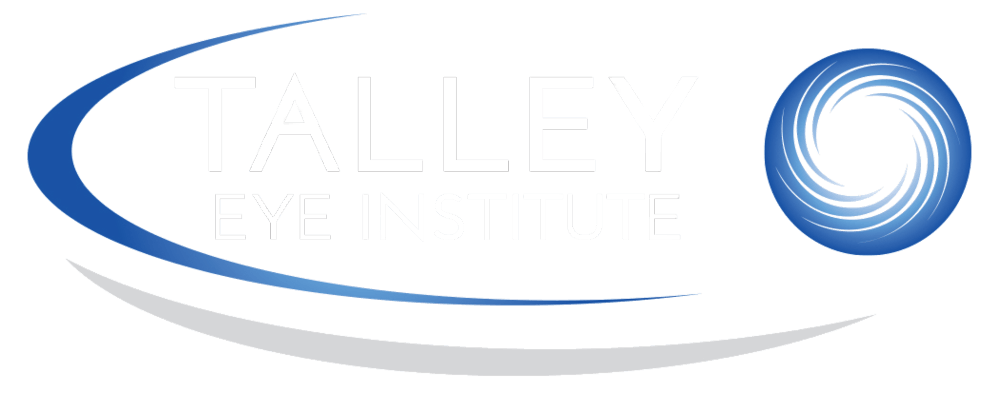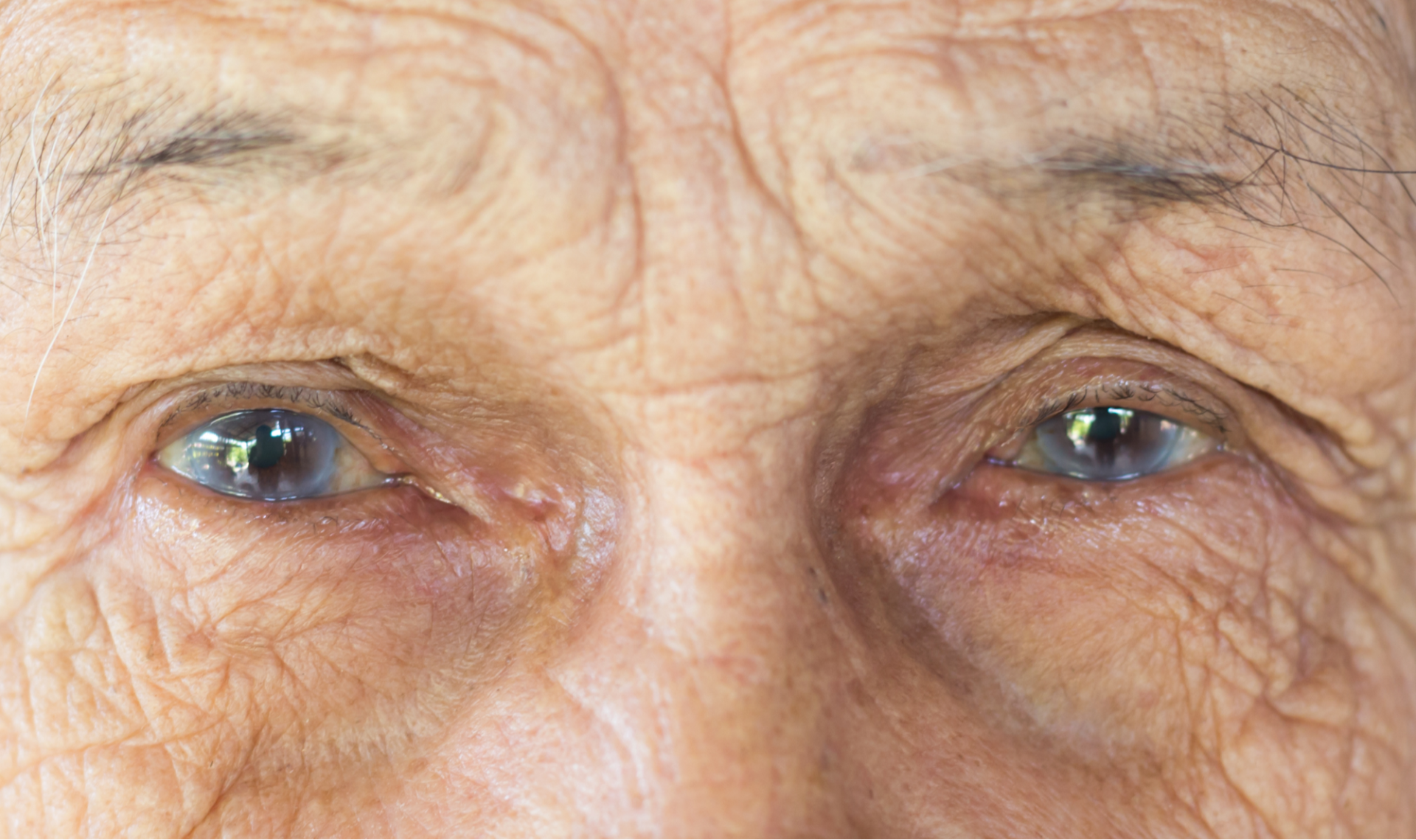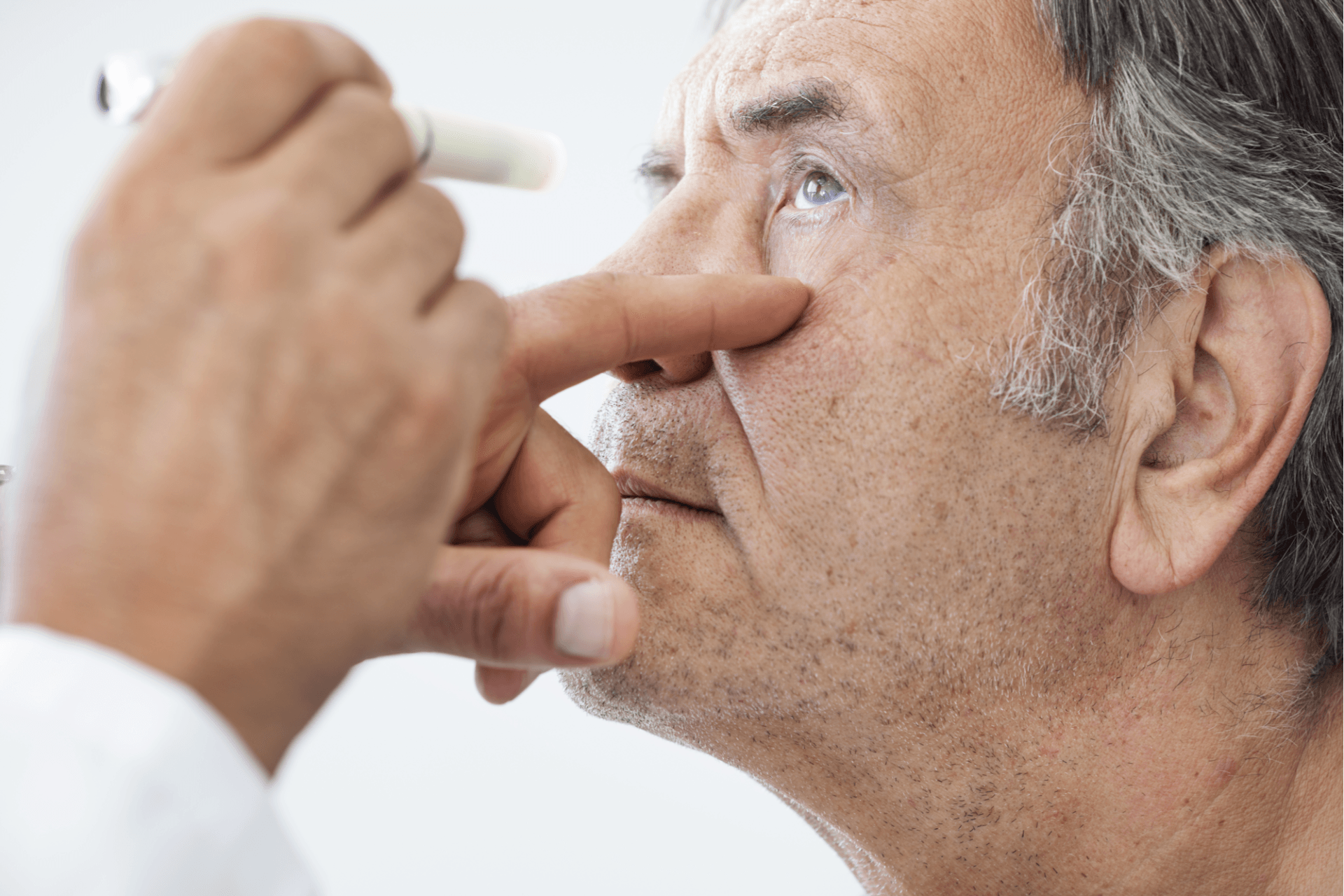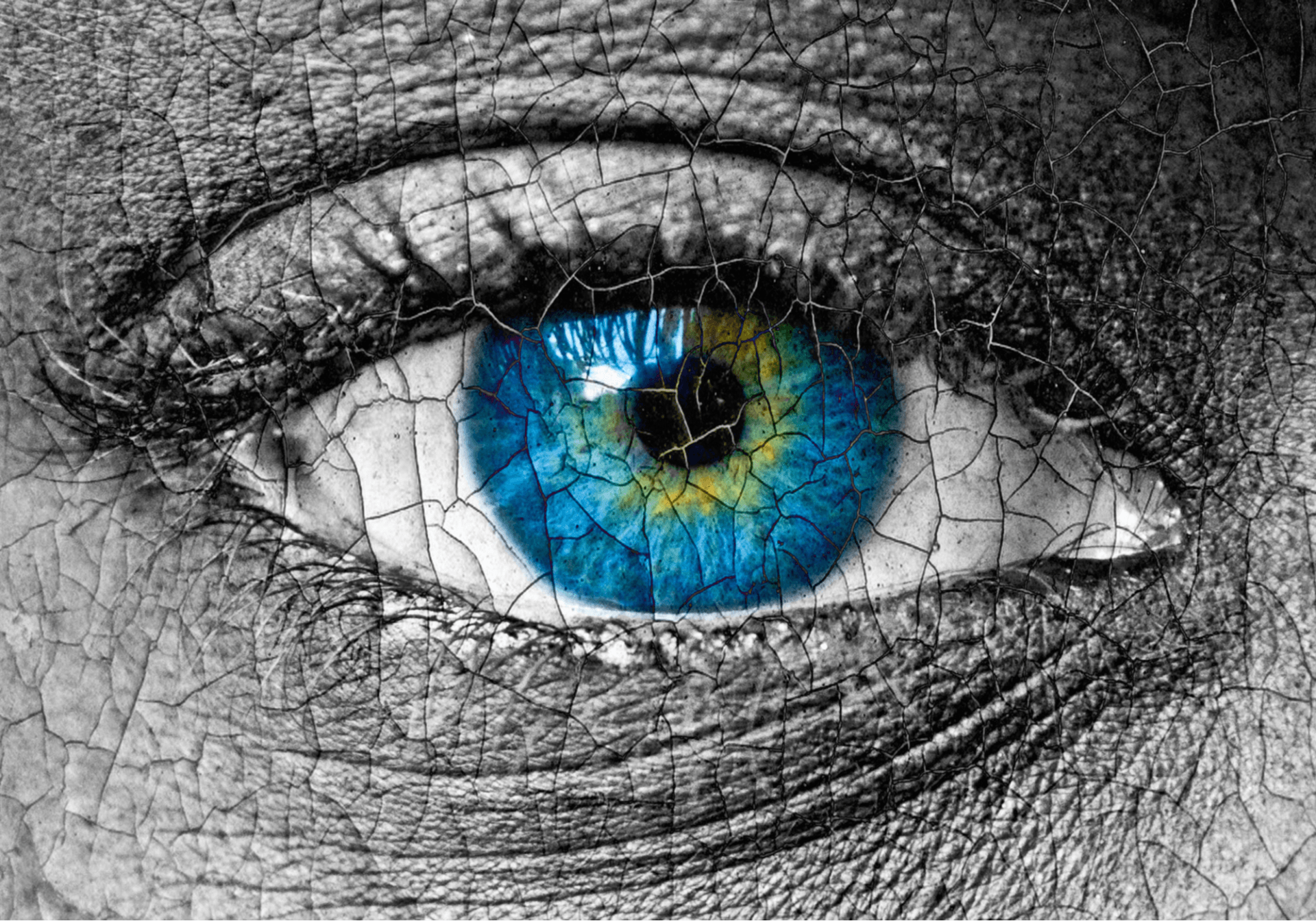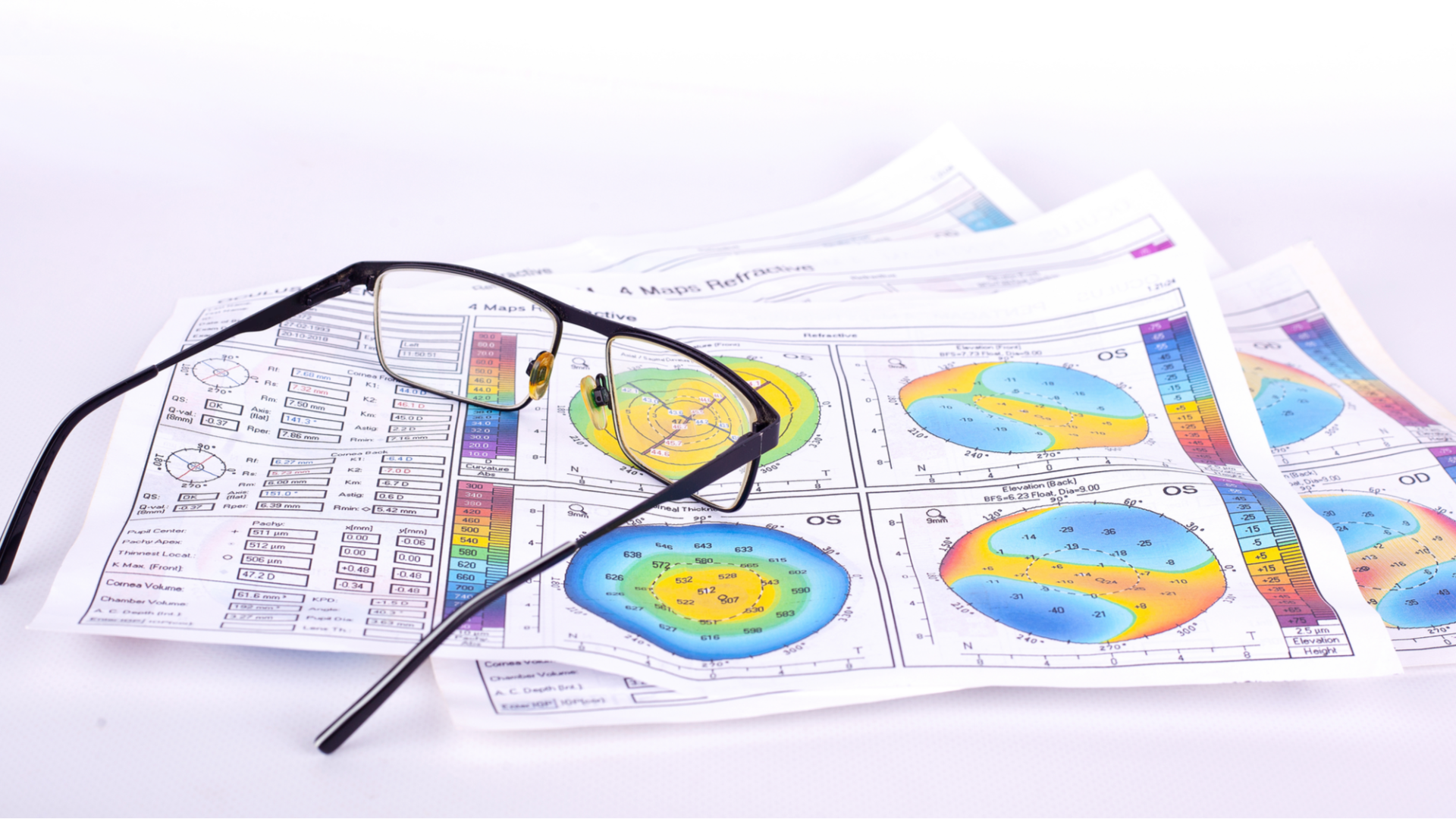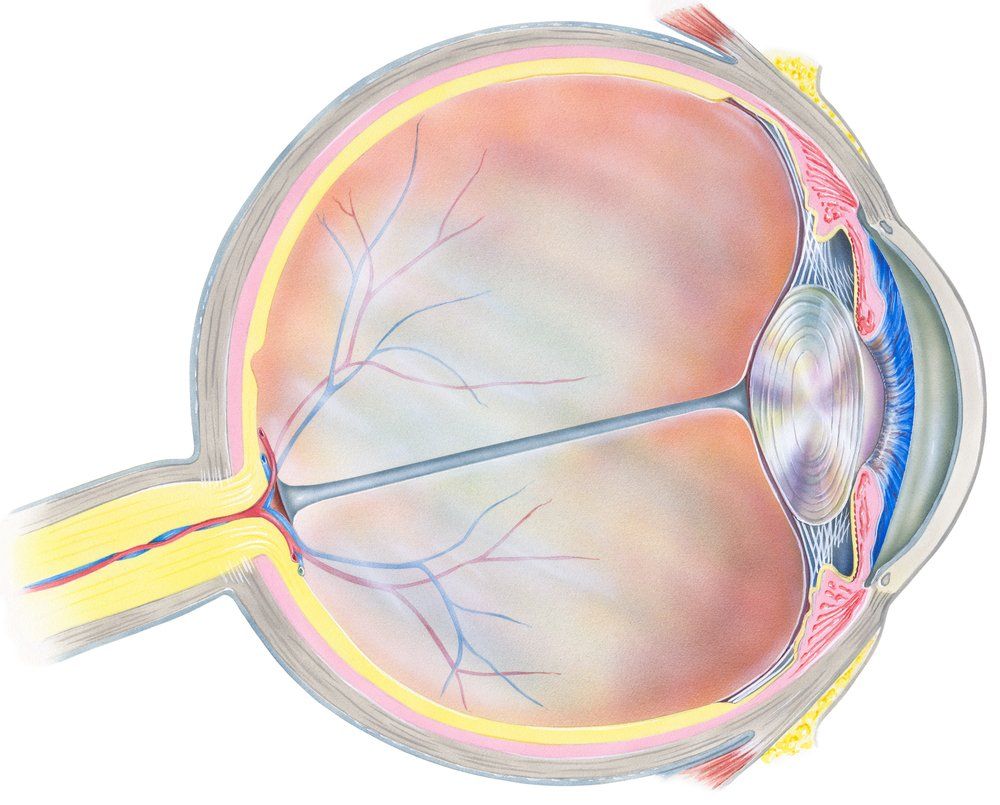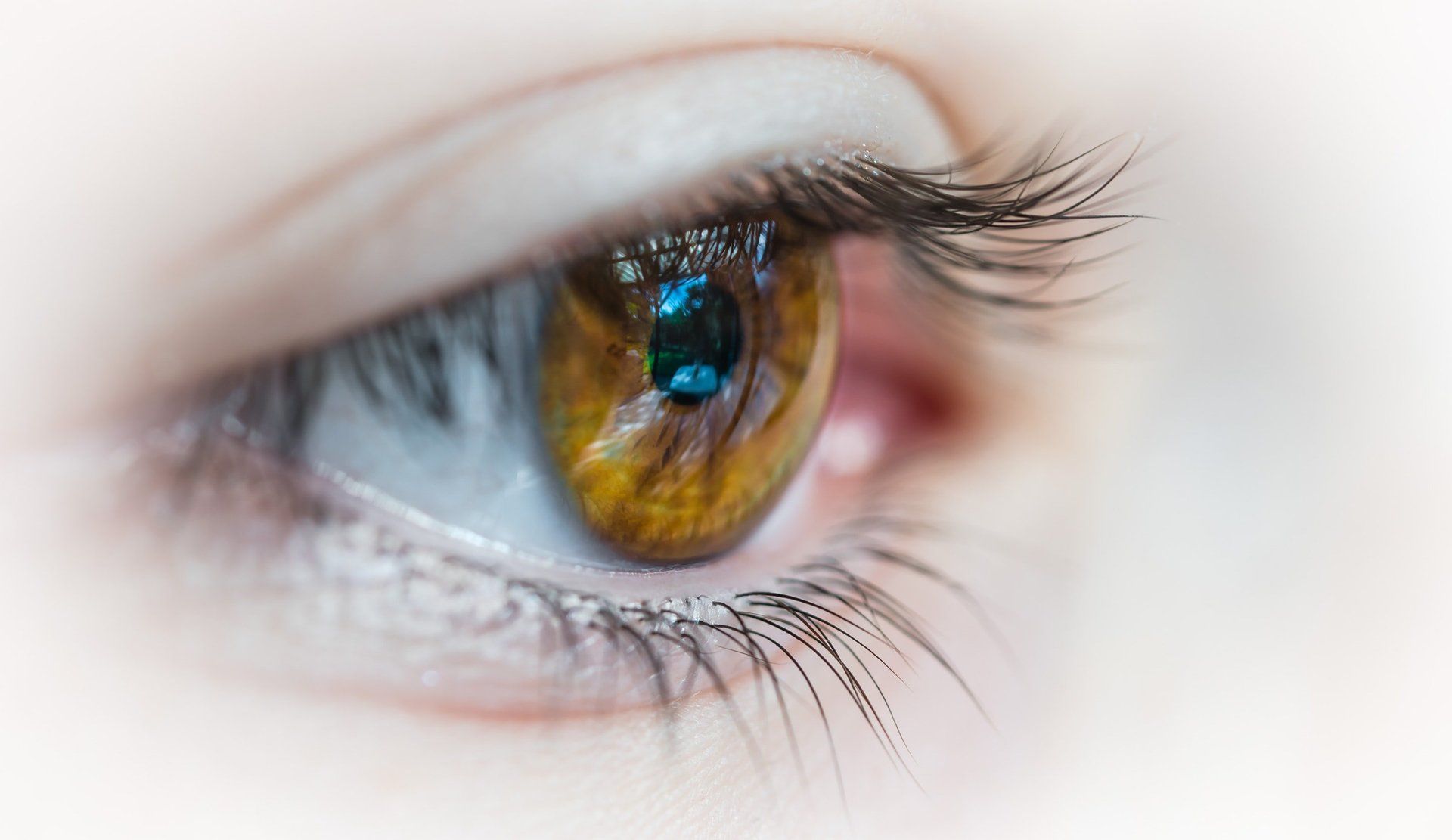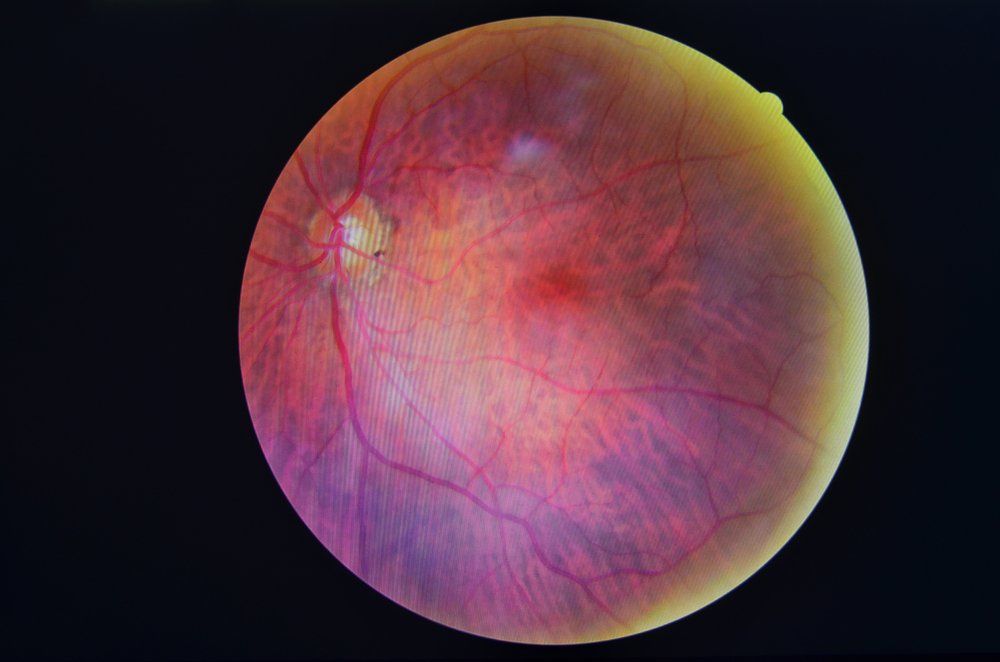Welcome to
Talley Eye Institute
We Care. You'll See.
Welcome To Talley Eye Institute
We Care. You'll See.
CATARACTS
When your vision becomes affected by cataracts, it's time to consider surgery. Our physicians will guide you along the way with an individualized plan, including advanced IOL options. Utilizing the best diagnostic and advanced lens technology for over 50 years, the difference is clear. We care, you'll see!
LASIK
For over 25 years, Talley has been at the forefront of the best, safest, most accurate LASIK technology available. Combined with our highly trained physicians, we make the choice for LASIK easy. Come see why we are Evansville's trusted leader in LASIK.
GLAUCOMA
Our physicians help manage and treat all forms of glaucoma at any stage with a range of advanced treatment options. From drops to laser treatment up to minimally invasive procedures that can be done at the time of cataract surgery, we are here to help you navigate.
DRY EYE
An estimated 16 million Americans have been diagnosed with Dry Eye Disease (DED) and it can affect every aspect of your life. We work to get to the root cause of dryness and offer advanced care options for dry eye patients.
KERATOCONUS
Keratoconus is a sight-threatening disease that can affect both children and adults. Our experienced corneal specialist will guide you on the best treatment options available which may include specialty contact lenses or the FDA- approved corneal crosslinking procedure to halt the disease in its tracks.
MACULAR DEGENERATION
Our retina specialists see and treat both forms of macular degneration; wet and dry age related macular degeneration, and will help you manage the disease to best protect your vision long-term.
RETINAL DETACHMENT
Retinal detachment can be a very scary situation. Our team will work to promptly evaluate and treat the detachment preserving the very best vision possible.
DIABETIC RETINOPATHY
Diabetes affects many systems of the body, including the eyes and can lead to vision loss or even blindness. Our retina specialists will monitor and track your eye health and offer the best treatment options to protect your vision.
LASIK
Since its introduction, constant technological advances have made an already safe and effective procedure even safer, more effective and more predictable. These advances have made LASIK a great option for patients who have been told they were not good candidates for laser vision correction.
CATARACTS
A cataract is a clouding of the eye’s lens. The vast majority of cataracts are related to age although some children are born with them. Most people do not even realize they have a cataract, as cataracts grow very slowly and may not impede vision early on. After a number of years vision will likely be affected.
GLAUCOMA
Glaucoma is a group of eye diseases causing optic nerve damage. The optic nerve carries images from the retina, which is the specialized light sensing tissue of the eye, to the brain so we can see. In glaucoma, eye pressure (IOP) plays a role in damaging the delicate nerve fibers of the optic nerve...
KERATOCONUS
Keratoconus is a degenerative disease of the cornea that causes it to gradually thin and bulge into a cone-like shape. This shape prevents light from focusing precisely on the macula. As the disease progresses, the cone becomes more pronounced, causing vision to become blurred and distorted.
MACULAR DEGENERATION
Age-related macular degeneration (ARMD) is a degenerative condition of the macula (the central retina). It is the most common cause of vision loss in the United States in those 50 or older, and its prevalence increases with age.
RETINAL DETACHMENT
Retinal detachment is a disorder of the eye in which the retina peels away from its underlying layer of support tissue. Initial detachment may be localized, but without rapid treatment the entire retina may detach, leading to vision loss and blindness.
DIABETIC RETINOPATHY
Diabetes is a disease that occurs when the pancreas does not secrete enough insulin or the body is unable to process it properly. Insulin is the hormone that regulates the level of sugar (glucose) in the blood. Diabetes can affect children and adults.
LASIK
Since its introduction, constant technological advances have made an already safe and effective procedure even safer, more effective and more predictable. These advances have made LASIK a great option for patients who have been told they were not good candidates for laser vision correction.
CATARACTS
A cataract is a clouding of the eye’s lens. The vast majority of cataracts are related to age although some children are born with them. Most people do not even realize they have a cataract, as cataracts grow very slowly and may not impede vision early on. After a number of years vision will likely be affected.
GLAUCOMA
Glaucoma is a group of eye diseases causing optic nerve damage. The optic nerve carries images from the retina, which is the specialized light sensing tissue of the eye, to the brain so we can see. In glaucoma, eye pressure (IOP) plays a role in damaging the delicate nerve fibers of the optic nerve...
DRY EYE
An estimated 16 million Americans have been diagnosed with Dry Eye Disease (DED)1 but the actual number of people struggling with symptoms is likely much higher with some reports even indicating half of U.S. adults experience dry eye symptoms!
KERATOCONUS
Keratoconus is a degenerative disease of the cornea that causes it to gradually thin and bulge into a cone-like shape. This shape prevents light from focusing precisely on the macula. As the disease progresses, the cone becomes more pronounced, causing vision to become blurred and distorted.
MACULAR DEGENERATION
Age-related macular degeneration (ARMD) is a degenerative condition of the macula (the central retina). It is the most common cause of vision loss in the United States in those 50 or older, and its prevalence increases with age.
RETINAL DETACHMENT
Retinal detachment is a disorder of the eye in which the retina peels away from its underlying layer of support tissue. Initial detachment may be localized, but without rapid treatment the entire retina may detach, leading to vision loss and blindness.
DIABETIC RETINOPATHY
Diabetes is a disease that occurs when the pancreas does not secrete enough insulin or the body is unable to process it properly. Insulin is the hormone that regulates the level of sugar (glucose) in the blood. Diabetes can affect children and adults.
Savannah H.
Savannah H.
Michelle S.
Diane E.
Our Mission
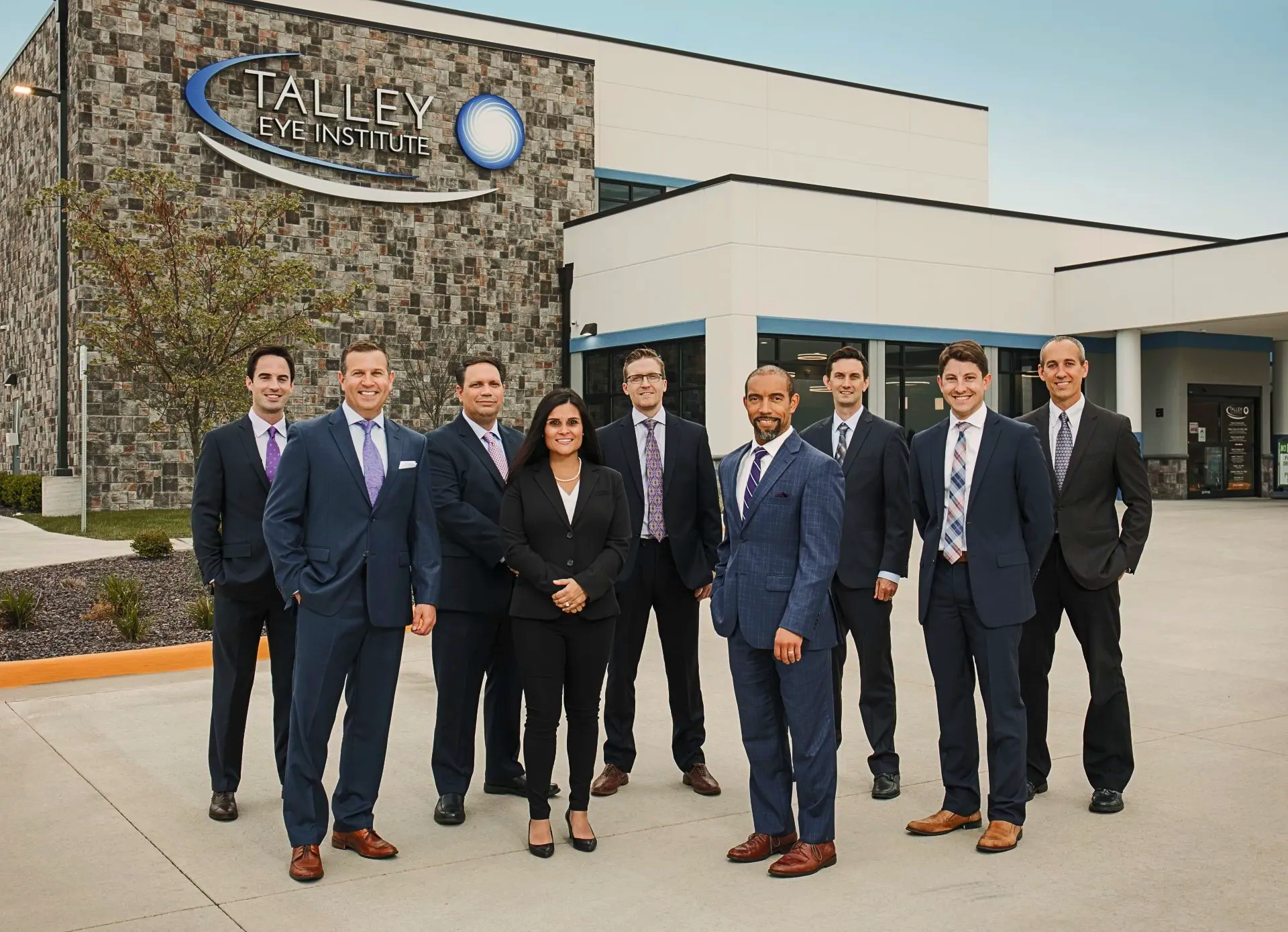
Slide title
Write your caption hereButton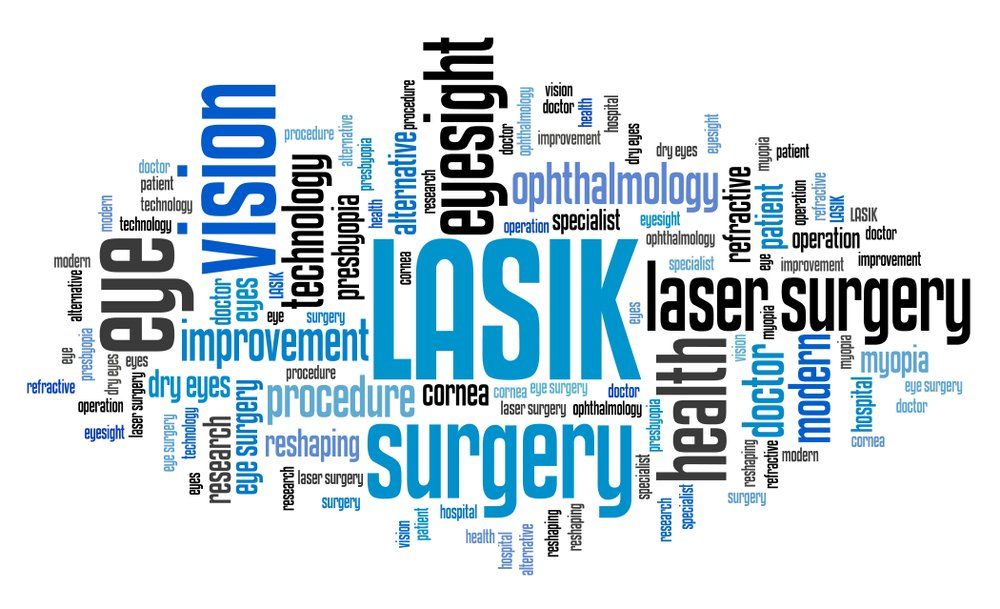
Slide title
Write your caption hereButton
Slide title
Write your caption hereButton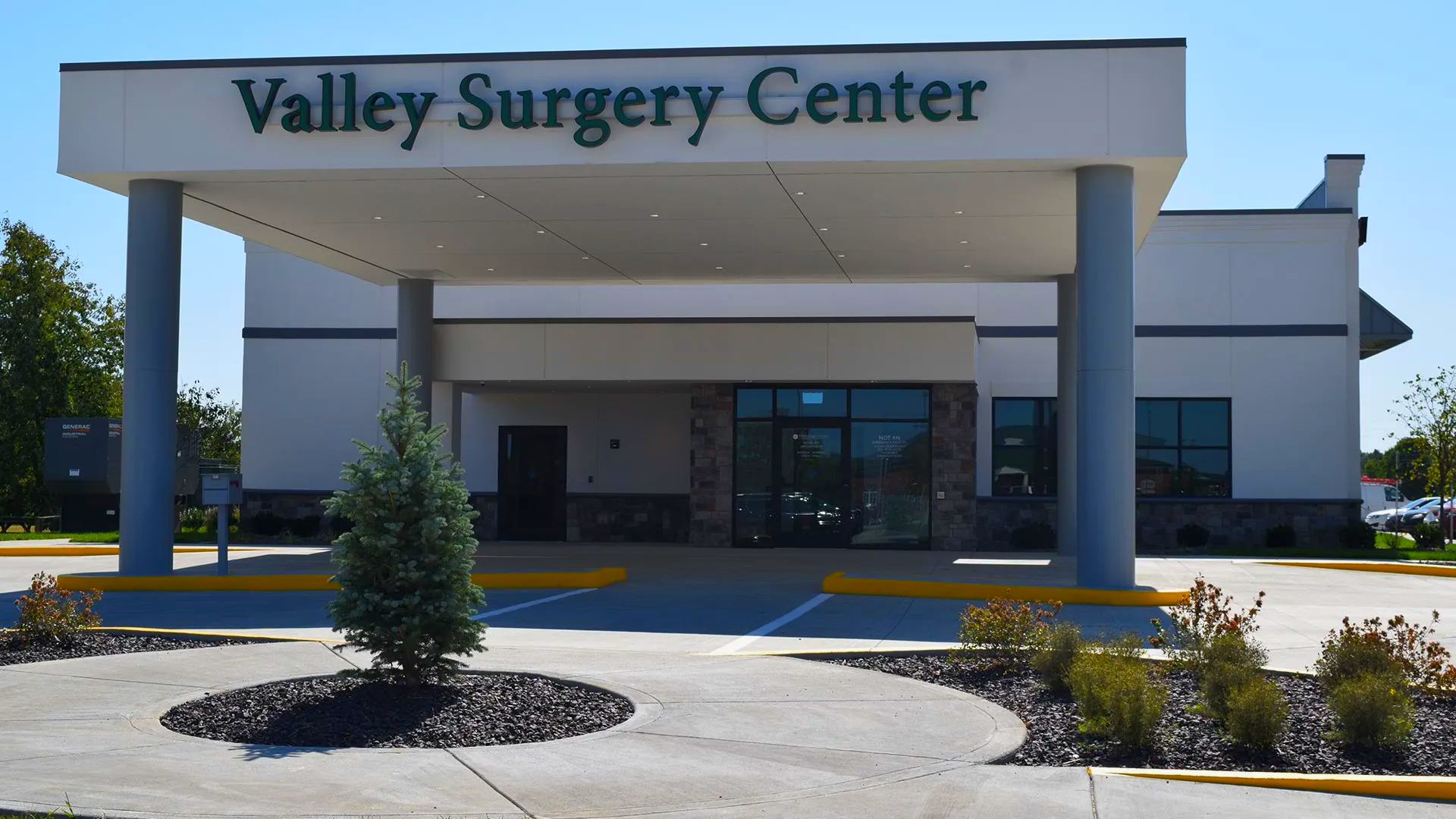
Slide title
Write your caption hereButton

Slide title
Write your caption hereButton
Slide title
Write your caption hereButton
Slide title
Write your caption hereButton
Slide title
Write your caption hereButton
